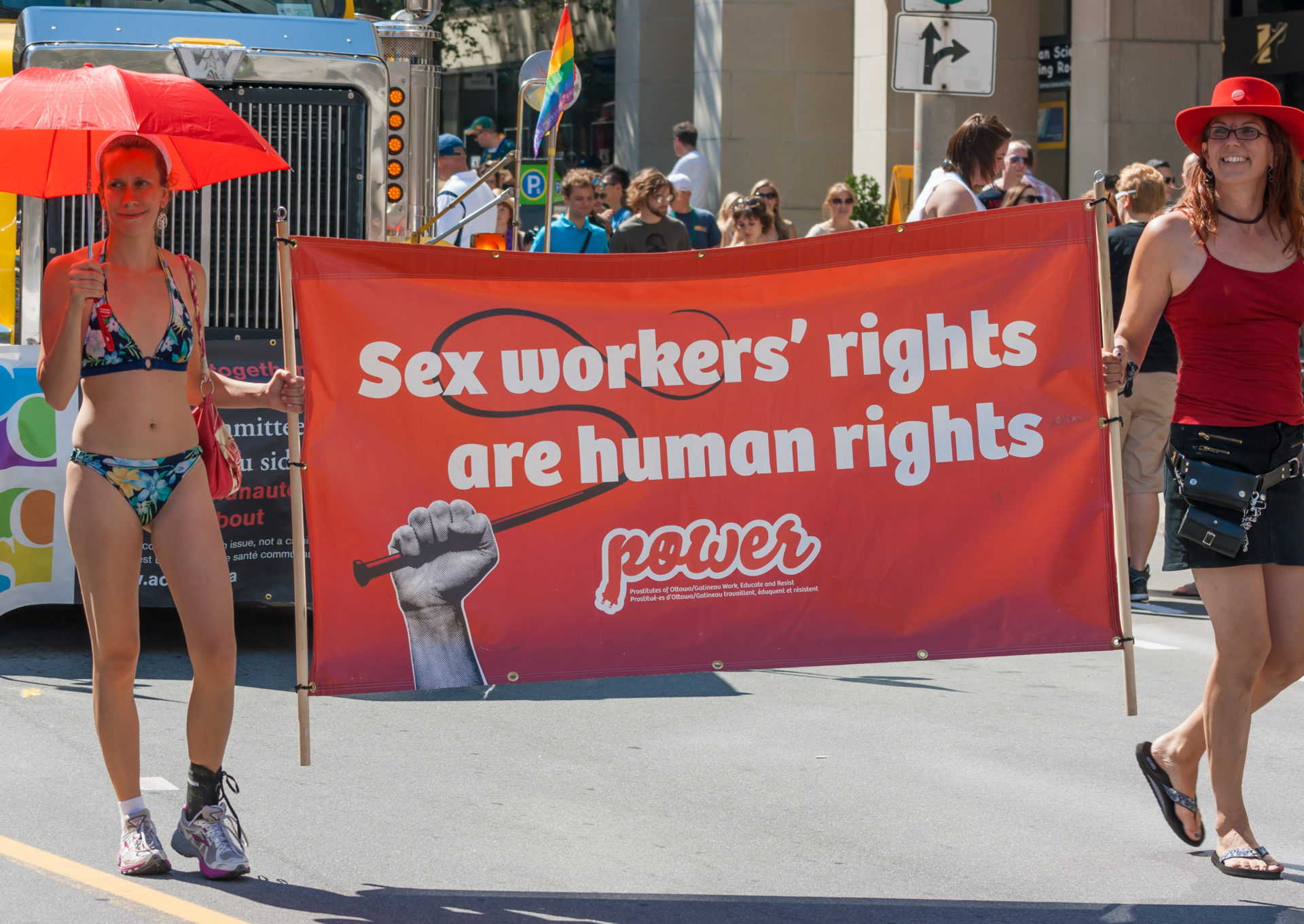Peter Sandeman, writing here, supports Tammy Frank’s bill to overturn sex work laws. But here Amanda Brohier says that the facts are against it.
The principal argument to decriminalise sex work is that dealing with prostitution as a criminal matter has demonstrably not worked.
While some argue the symbolism of making sex work a crime reinforces a moral standard and should therefore be retained, the law has been extraordinarily ineffective in eliminating the “oldest profession”.
Tammy Frank’s bill to remove the offence of “prostitution” from the Criminal Law Consolidation Act and the Summary Offences Act should be supported.
The criminalization of prostitution has hindered the prevention of human trafficking and enables the exploitation of sex workers by pimps and criminal syndicates.
The illegal status of their work has meant sex workers have been reluctant to report crimes and the threat of arrest has provided those mistreating sex workers with an effective means of coercion and control.
Don’t misunderstand me, the traditional teaching of the church that sexual relationships should be conducted within marriage still holds and trading sex for money is a major cause of the commodification of women in particular.
But a distinction must be drawn between the ideal world and the practical reality of human nature as compounded by the limitations of the law as a vehicle for instilling morality.
Advocates of decriminalisation argue sex work should “fall under (and be protected by) the same workplace regulations as other businesses”, I believe however, there are particular risks and safety issues for sex workers and the community beyond occupational health and safety.
There are a couple of matters that require careful consideration; the proposed removal of the quaintly worded offence of “keeping a common bawdy house or a common ill-governed and disorderly house”, and the removal of the offense of “engagement in procurement for prostitution”.
While having a single operator brothel next door might be a minor inconvenience, an industrial level brothel would be a major issue, so planning regulations will be required for specified activities.
Human trafficking of sex workers is a real social evil around the world and it would be naive to think South Australia is exempt.
Not all sex workers are free agents who chose their profession and who can leave at any time.
The dictionary definition of “procures” is to persuade or cause someone to do something, and it is this use of force which I would like retained in some form as an offence so that the coercive control of people to become sex workers remains illegal.
The Rev’d Peter Sandeman is the Anglican Canon for Social Justice and Advocacy






